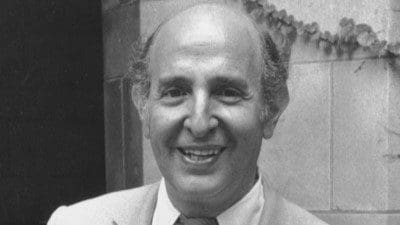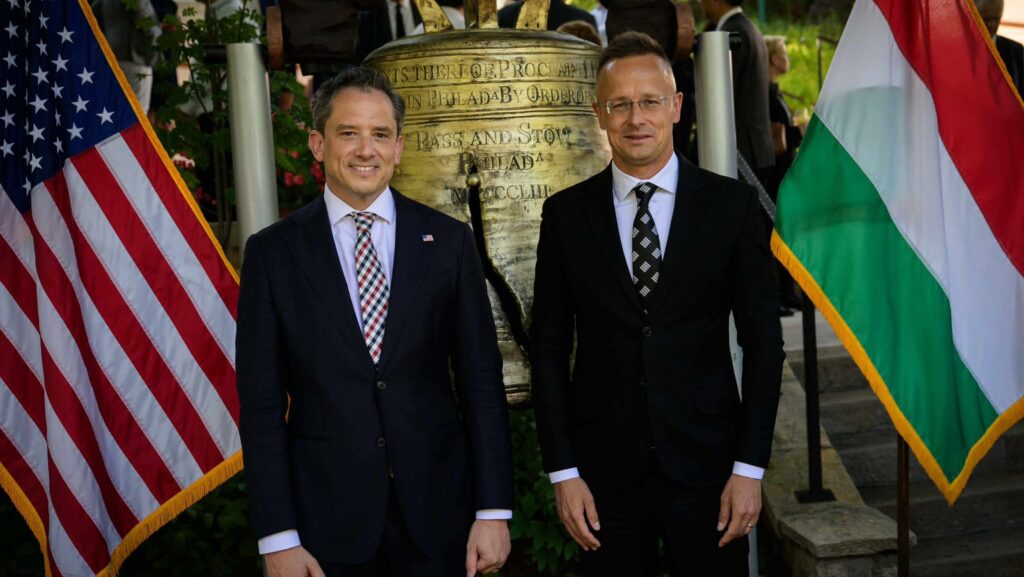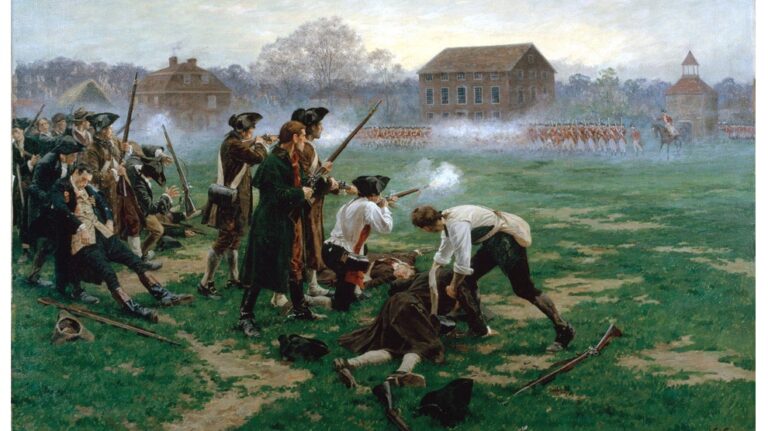In 1987, 35 years ago, American philosopher and classicist Allan Bloom’s influential analysis of the state of American higher education, The Closing of the American Mind, was published. The subtitle of the book says a lot: How Higher Education Has Failed Democracy and Impoverished the Souls of Today’s Students, which expresses that what happens in higher education is not only an internal matter of university life, but extends to the whole of American intellectual life.
Bloom’s work was recognised as the book of the year at the time, but is it worth reading again after more than three decades to see if its diagnosis is still relevant. The title of the book clearly expresses the author’s assessment of the American way of thinking:
it has become closed and is unable to adopt new impulses.
In Bloom’s eyes, it was the transformation of university life that led to this burnout. But what happened? In the foreword to the book, Saul Bellow emphasises that today’s American youth no longer understand the past and have no vision of the future. They live in the captivity of a scanty present. But why is this so?
The closure of intellectual life at American universities also resulted from the fact that while it was traditionally expected that professors in the field of social sciences spend at least one year doing research in Europe, mostly at a German university, in order to enrich their subsequent teaching and research activities with the knowledge acquired there (as was the case of, for example, US sociologist Talcott Parsons, who took Max Weber with him as an ‘intellectual baggage’), this was no longer expected by the 1980s. American higher education is drawing less and less from its own traditions. By contrast, Bloom’s relationship with European traditions was already indicated by the fact that his doctoral supervisor was political philosopher Leo Strauss, a German émigré.
In the 1980s, political correctness (PC) existed only as a private censor, as a watchdog of thinking and public speech. Still, this alone had a serious impact, as it fundamentally limited critical speech (and thus the way of thinking). As a result, the ethos of the search for truth withered away, and relativism took its place. As Bloom put it, a professor can be absolutely certain of one thing: almost every college student believes that truth is relative and if someone does not take this statement for granted, it will shock them. Bloom was convinced that intellectual curiosity, as well as respect for knowledge, truth, and morality that pervaded the Greek spirit, could be recreated in university life. This would require two things: will and a rich storehouse of thinking tools. Universities could help students acquire these, but this helping hand has disappeared.
The past decades confirm Bloom’s diagnosis of decline.
Moreover, along with PC, a new super weapon of progressive thought has also appeared: cancel culture. This is not simply the moderation of speech, but the complete elimination of all that is identified as oppression. From this point of view, European philosophical tradition is nothing more than the maintenance of the ideas of dead white men, which should be banished from university life. The results of the student movements of 1968 are ripe: in today’s American university life, various radical student groups have a decisive influence on educational programmes and courses. It is not uncommon even for professors who preserve the traditions of science to be pushed into the background. Often, university courses are more like political training for radical students, rather than, for instance, methodological training for scientific research or the presentation of the basic dilemmas of a professional field or profession (e.g. law). Speaking of law: in this new university world, law is seen less as a tool for conflict resolution, and more as an instrument of oppression (by the capitalist system, men, and white colonialist aspirations—and the list goes on).
Every educational system has some moral purpose, which determines its curriculum. They all want to create a certain kind of person. Even neutral subjects such as reading, writing, and arithmetic have a place in the ideal of an educated person. In his analysis, Bloom examined several possible purposes, such as the creation of the pious, the hardworking, or the warlike person. The goal of education is consistent with the political system that is the environment of the university world.
Aristocracies want gentlemen, oligarchs want people who respect and pursue money, and democracies want people who love equality. Of course, the ideal of education realised in universities changes over time, since universities have been institutions of consistency for the past nine centuries, while the political system often changes fundamentally even within just a lifetime. Bloom recalls the ideals in the history of American universities. To highlight just a few: they are the models of rational, hardworking, honest, and law-abiding people. However, despite all the changes, education was always an expected criterion, and what was meant by education was
proficiency in the European classical cultural canon starting from the Greek tradition.
But when the cause of sexual liberation became a university programme, to which courses and study time were devoted, in Bloom’s eyes, all this clearly went against the original vocation of the university.
Although the book presents and analyses new, negative trends in the world of higher education, the author did not refrain from making more general conclusions. These are also interesting because they anticipated the proposals of later social science scholars. An example of this is when Bloom wrote about the absence of warfare in the relationship between liberal democracies—let us remember that this was also one of the central theses of US political scientist Francis Fukuyama when he came up with the idea of the end of history. However, when a war situation occurs, there are always cultural differences behind it. We can find this theorem in the book of American political scientist Samuel P. Huntington, who used the concept of civilisation as an explanation to conflict, but argued in a similar way to Bloom.
Re-reading Bloom’s book, we must acknowledge that there indeed existed already decades ago a thorough and fierce analysis drawing attention to the decline of university life. Unfortunately, this appeal was ignored. Not only have these negative tendencies not been confronted, but they have actually become even more radical and are spreading dramatically, and today, European universities are no longer exempt from this phenomenon either.








